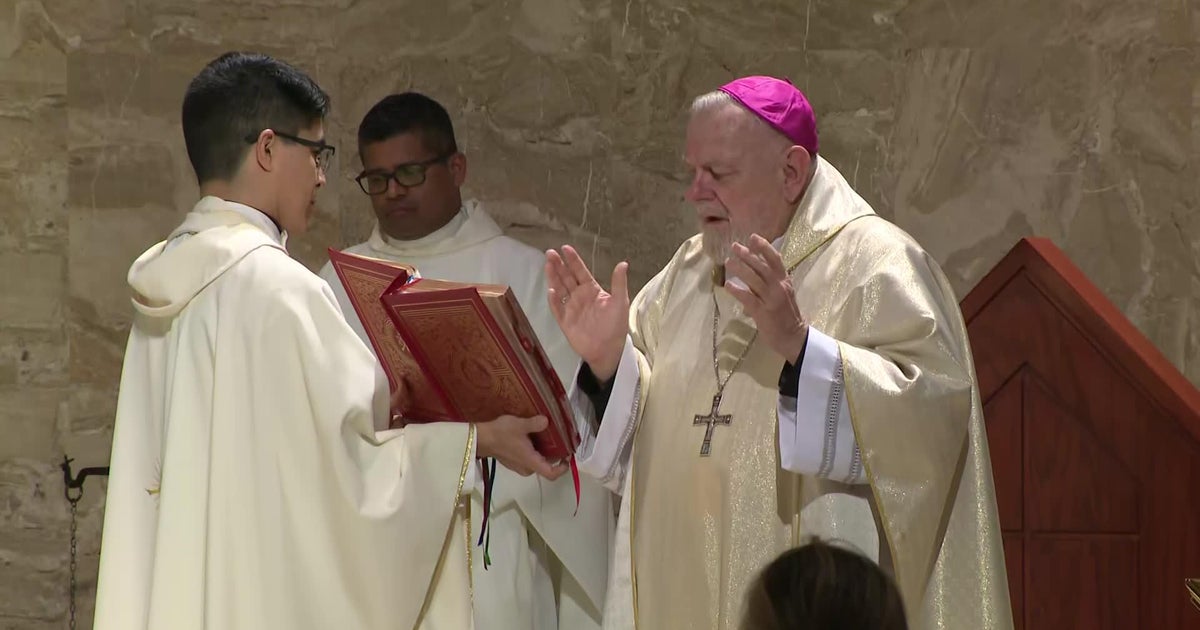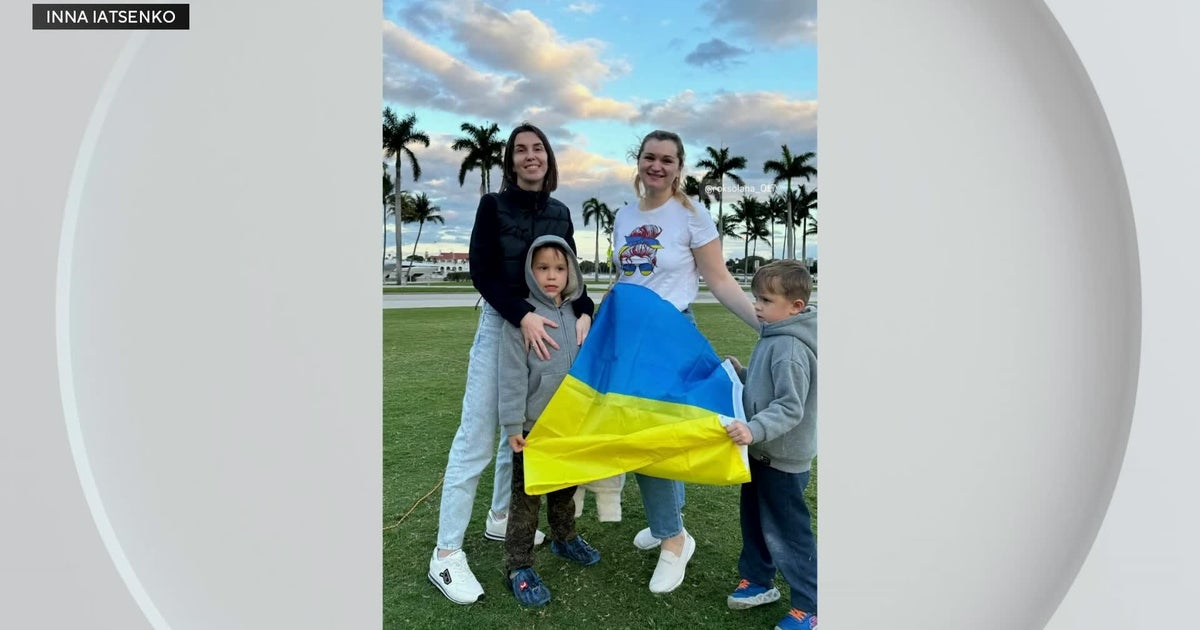Nicaraguan political prisoners meet with Miami-Dade County mayor
MIAMI - South Florida will be home to more than a dozen recently-released Nicaraguan political prisoners.
"As county mayor, I will always give welcome those fleeing oppression," said Miami-Dade Mayor Daniella Levine Cava, surrounded by political prisoners recently released by Daniel Ortega's regime.
They met with the mayor at her Miami downtown office.
"Fortunately, we'll be able to expedite their political asylum," said Roger Castano, an activist from the Miami C.P.D.H. (Permanent Commission for Human Rights in Nicaragua).
Castano thanked the Miami-Dade mayor for helping the dozen former political prisoners in their quest for a social security and political asylum process in the US.
Housing for these Nicaraguans, Ortega put on a plane and stripped them of their citizenship last Thursday, has been addressed by county officials.
"We have an office of housing advocacy," responded Mayor Levine Cava addressing an issue that affects many people in Miami-Dade.
The mayor instead, urged people in a community with exiles from many countries, to extend a helping hand, "We need people to step up, we need a landlord who has a unit, or if you can sponsor you can make a difference."
Sponsoring starts by going to a website where they provide information on how and where to help, hosting people at one's home is not necessary, there are other ways to help.
"What we've endured will live with us forever," said on the verge of crying, Maria Jose Martinez.
For more than a year, this wife and mother was locked up in jail, forbidden from seeing her family and an attorney.
The Ortega regime put her and many others in prison for denouncing human rights abuses or marching against his regime.
According to activists, 170 of them do not have family in the US.
The Nicaraguan diaspora has managed to find homes where they can stay in different cities. Others came to South Florida and have been staying at hotels paid for by Nicaraguan American businesses.
"We are very grateful for the generosity of this nation," said Yubrank Suazo, a Nicaraguan activist who also ended up in jail.
All of them are covered under the recently approved humanitarian parole, but they have to wait some three months for their work permits. That is why human rights activists ask for housing for that period of time.
The Nicaraguan consulate in Miami did not respond to a request for comments.




